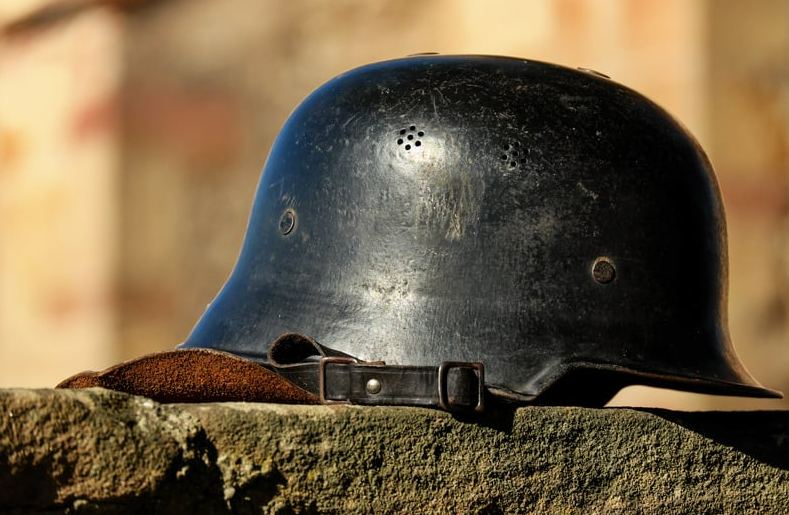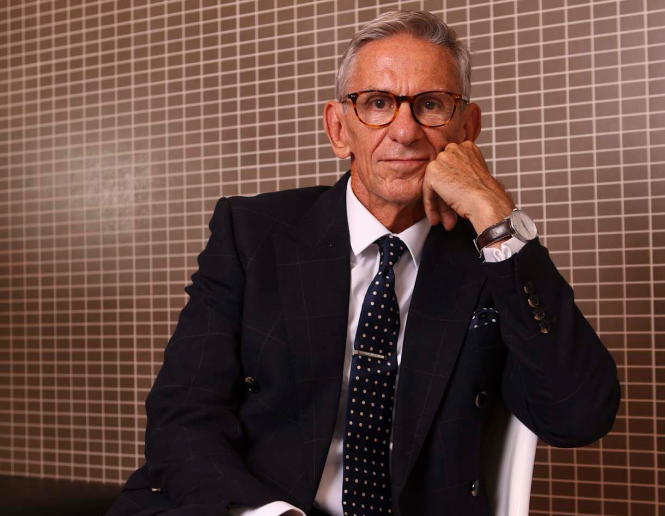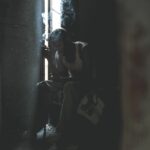Today marks the 96th anniversary of the end of World War I. In four short years that conflict resulted in an estimated 40 million casualties, including over 200,000 young Australian soldiers killed or wounded in action. In the Battle of the Somme, the first day’s hostilities alone saw over 57,000 British casualties, and the overall body count eventually rose to over a million soldiers killed or wounded. A little over a year earlier another 340,000 men had fallen on the Gallipoli peninsula. It was hailed as the “war to end all wars.” Unfortunately, things didn’t quite turn out that way.
The 1959 German film Die Bruecke by director Bernhard Wiki is set in the final days of another global conflict, World War 2, as American tanks drive the Allied victory home on German soil. In a small German village seven young schoolboys declare their fierce determination to defend their country against the American invaders. When they are called to bolster the army’s badly depleted ranks the boys are all elated, but their teacher secretly entreats a company sergeant to spare them from combat, knowing Germany’s defeat is by now inevitable.
The sergeant relents, and assigns the boys to watch over a strategically useless bridge already earmarked to be blown up by the Germans. Not aware of the pact to protect them, the boys uncompromisingly commit themselves to their task, and to each other. Even as the badly beaten German troops retreat across the bridge before advancing American tanks, the boys refuse to leave their posts. They fight so bravely that the Americans are forced to retreat, but only after all but two of the young men are killed. Even when German soldiers return to blow up the bridge, the two surviving boys stubbornly refuse to relinquish it, and together they continue their schoolmates’ tragic stand, fighting on for the unwanted bridge.
In history class I learned that wars are often more to do with economics than with ideology. But at a human level, down on the ground, standing in a soldier’s muddy boots, perhaps wars are about something far more mundane, yet infinitely more noble. For the German schoolboys on the bridge, heroic deeds were done not for the bridge, or a sense of duty, or the fatherland. Ultimately the boys’ fight wasn’t about King and Country. It was about friendship, and loyalty, and their commitment to each other.
Today we remember all the casualties of war, the gallant Anzacs on the sands of Suvla Bay, the German schoolboys on the bridge, the Americans, the Frenchmen, Italians, Germans, Turks and Vietnamese, every soldier who ever strapped a boot on anywhere, in every corner of the world. Today we celebrate our brotherhood, that better part of us that makes us stand together side-by-side, fighting for something we believe in. In the end it’s about people, and their commitment to each other.
Lest we forget.













